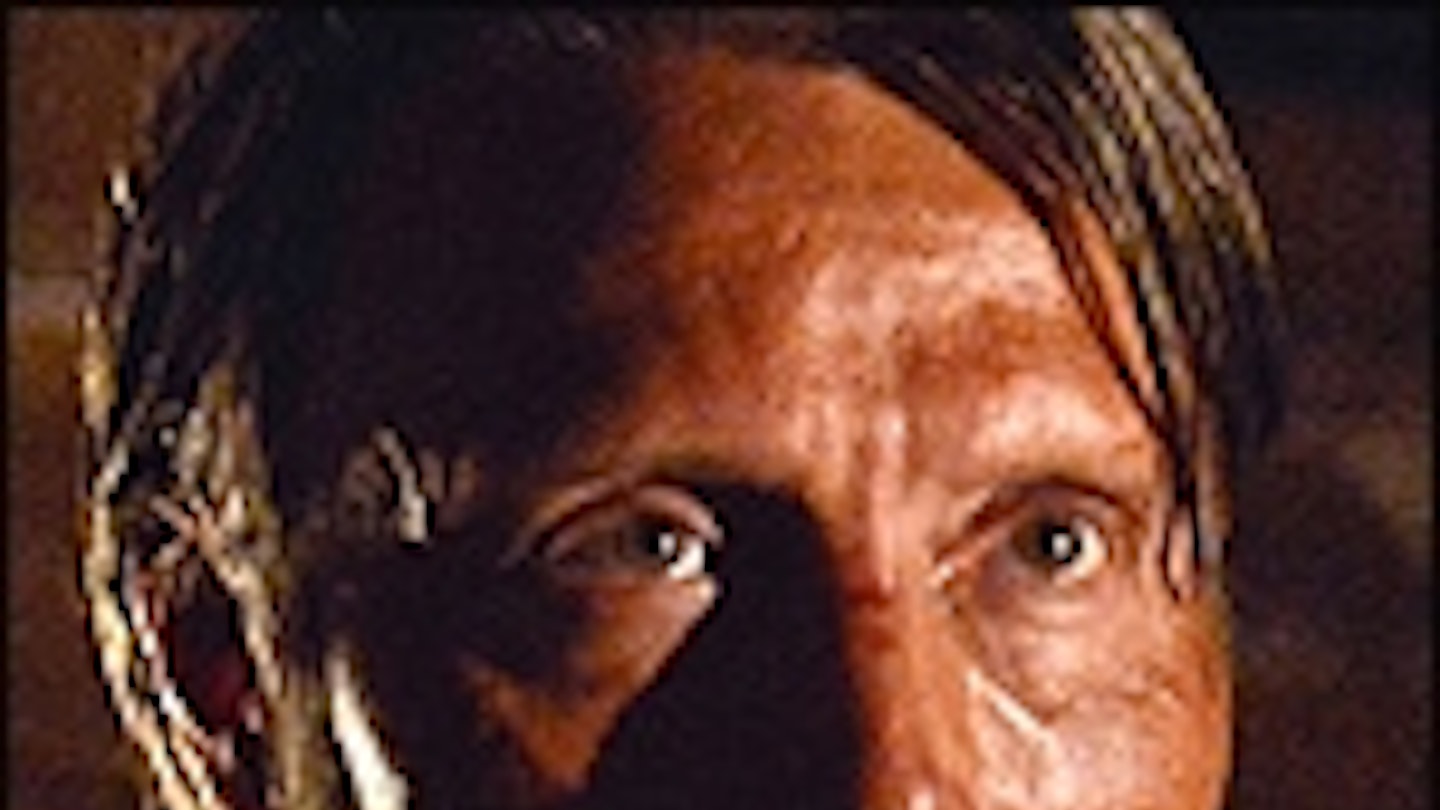
A Danish spaghetti Western starring Mads Mikkelsen, Eva Green and Eric Cantona, The Salvation sounded great on paper and it’s even better on screen. Clipped, economical and very, very violent in the way that Sergio Corbucci’s original **Django **was, Kristian Levring’s film may yet be buried in a midnight slot at a Festival that, even in its 67th year, still hasn’t figured out what to do with genre films. It’s hard to say what its release prospects are, since a small portion of the film is subtitled, but there is surely a sizeable cult audience for a film that blends David Cronenberg’s A History Of Violence with Takashi Miike’s 13 Assassins while paying homage to John Ford’s Monument Valley.
The set-up is simple: the year is 1871, and ex-pat Danish soldier Jon is welcoming his wife and son from the old country. Taking the stagecoach to his farm, the family are joined by a drunken outlaw and his taciturn sidekick, and when the former propositions Jon’s wife, all hell breaks loose. What happens next sends shockwaves through the local community, drawing the ire of local tyrant Delarue (Jeffrey Dean Morgan), who is holding the town to ransom.
More economical than Django Unchained, both in length and dialogue, The Salvation is a fantastically authentic throwback that succeeds in its own right rather than as mere pastiche. The great spaghetti westerns of the past drew on America’s mixed pedigree for its drama, and this is no exception, with an extraordinary multicultural supporting cast that may be the best in a neo-western since Jim Jarmusch’s Ghost Dog (Mikael Persbrandt as Jon’s brother; Jonathan Pryce as the undertaker/mayor; Doug Henshall as the priest/sheriff; and Eric Cantona as the taciturn Corsican).
Mikkelsen is steely and great, while Green plays a most unusual love interest with subtlety and grace, but the film belongs to Morgan as the pitiless Delarue. The dirty world of the old West abides in him: the spirit of Lee Van Cleef lives on.
